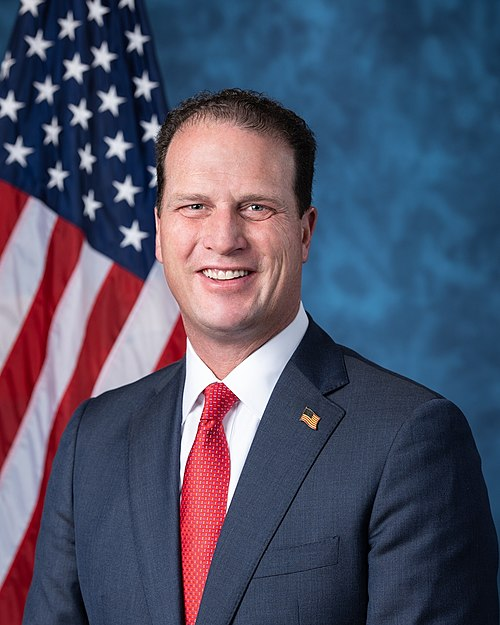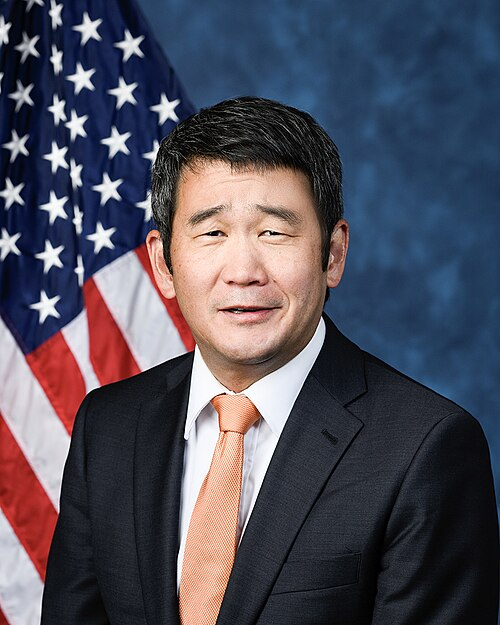H.R. 3463: Comprehensive Operations for Unmanned-System Neutralization and Threat Elimination Response Act
This bill, titled the "Comprehensive Operations for Unmanned-System Neutralization and Threat Elimination Response Act" or "COUNTER Act," aims to improve the United States' ability to protect its assets from threats posed by unmanned systems, such as drones. It proposes several changes to existing laws and procedures related to unmanned aircraft systems (UAS) and enhances the authority of the Department of Defense (DoD) in addressing such threats.
Key Provisions of the Bill
- Delegation of Authority: The bill allows the Secretary of Defense to delegate authority for responding to unmanned system threats to commanders of unified combatant commands or other appropriate DoD officials.
- Enhanced Mitigation Techniques: It specifies that the DoD can use various means, including remote identification broadcasts, to mitigate threats posed by unmanned aircraft.
- Support for Other Federal Agencies: The bill permits the DoD to support other federal agencies in mitigating threats from unmanned aircraft systems.
- Exemption from Disclosure: Information on the technology and procedures used to carry out authorized actions will be exempt from public disclosure to protect sensitive operational details.
- Applicability of Other Laws: Certain laws, which could limit the actions of the DoD and Coast Guard in their efforts to mitigate threats from unmanned systems, will not apply to activities conducted outside the United States related to this purpose.
- Timeline Adjustments: The bill extends various compliance deadlines, shifting some dates further into the future to provide more time for implementation and assessment of measures regarding unmanned aircraft.
Impact on Current Regulations
The legislation seeks to amend existing laws to clarify the extent of the DoD's authority concerning unmanned aircraft threats. It aims to ensure that operations designed to neutralize such threats can be conducted efficiently without the hindrance of existing legal constraints.
Revisions in the Law
The COUNTER Act proposes specific amendments to title 10 of the United States Code, impacting procedural aspects related to defensive operations against unmanned aircraft. These adjustments include:
- Redefining authority for initiating responses to unmanned threats.
- Incorporating the ability to use advanced technologies for identification and tracking of threats.
- Explicitly stating that certain existing criminal statutes will not impede defense operations against unmanned aircraft in foreign contexts.
Operational Readiness
This act is also aimed at enhancing the readiness and operational capabilities of the DoD in dealing with emerging threats from unmanned systems, especially as technology progresses and new types of threats evolve.
Relevant Companies
- LMT (Lockheed Martin Corporation) - A defense contractor that may be involved in technology development related to unmanned systems and threat mitigation.
- BA (Boeing Company) - Engaged in aerospace and defense, it may see changes in contracts related to unmanned aircraft systems as a result of the bill.
- RTX (Raytheon Technologies Corporation) - As a major player in defense technology, it could be impacted by increased demand for unmanned aircraft threat mitigation solutions.
This is an AI-generated summary of the bill text. There may be mistakes.
Sponsors
41 bill sponsors
-
TrackAugust Pfluger

Sponsor
-
TrackTroy Balderson

Co-Sponsor
-
TrackStephanie I. Bice

Co-Sponsor
-
TrackSheri Biggs

Co-Sponsor
-
TrackMike Bost

Co-Sponsor
-
TrackMike Carey

Co-Sponsor
-
TrackJohn R. Carter

Co-Sponsor
-
TrackEarl L. "Buddy" Carter

Co-Sponsor
-
TrackDan Crenshaw

Co-Sponsor
-
TrackDonald G. Davis

Co-Sponsor
-
TrackNeal P. Dunn

Co-Sponsor
-
TrackRandy Fine

Co-Sponsor
-
TrackBrad Finstad

Co-Sponsor
-
TrackCharles J. "Chuck" Fleischmann

Co-Sponsor
-
TrackJosh Gottheimer

Co-Sponsor
-
TrackAbraham Hamadeh

Co-Sponsor
-
TrackMike Haridopolos

Co-Sponsor
-
TrackClay Higgins

Co-Sponsor
-
TrackJ. French Hill

Co-Sponsor
-
TrackChrissy Houlahan

Co-Sponsor
-
TrackRichard Hudson

Co-Sponsor
-
TrackMark Messmer

Co-Sponsor
-
TrackMax L. Miller

Co-Sponsor
-
TrackDave Min

Co-Sponsor
-
TrackDonald Norcross

Co-Sponsor
-
TrackPatrick Ryan

Co-Sponsor
-
TrackDerek Schmidt

Co-Sponsor
-
TrackKeith Self

Co-Sponsor
-
TrackChristopher H. Smith

Co-Sponsor
-
TrackElise M. Stefanik

Co-Sponsor
-
TrackW. Gregory Steube

Co-Sponsor
-
TrackSuhas Subramanyam

Co-Sponsor
-
TrackWilliam R. Timmons IV

Co-Sponsor
-
TrackDerek Tran

Co-Sponsor
-
TrackJefferson Van Drew

Co-Sponsor
-
TrackDerrick Van Orden

Co-Sponsor
-
TrackGabe Vasquez

Co-Sponsor
-
TrackMarc A. Veasey

Co-Sponsor
-
TrackDebbie Wasserman Schultz

Co-Sponsor
-
TrackRoger Williams

Co-Sponsor
-
TrackJoe Wilson

Co-Sponsor
Actions
3 actions
| Date | Action |
|---|---|
| May. 16, 2025 | Referred to the Subcommittee on Aviation. |
| May. 15, 2025 | Introduced in House |
| May. 15, 2025 | Referred to the Committee on Armed Services, and in addition to the Committees on Transportation and Infrastructure, and the Judiciary, for a period to be subsequently determined by the Speaker, in each case for consideration of such provisions as fall within the jurisdiction of the committee concerned. |
Corporate Lobbying
0 companies lobbying
None found.
* Note that there can be significant delays in lobbying disclosures, and our data may be incomplete.



























